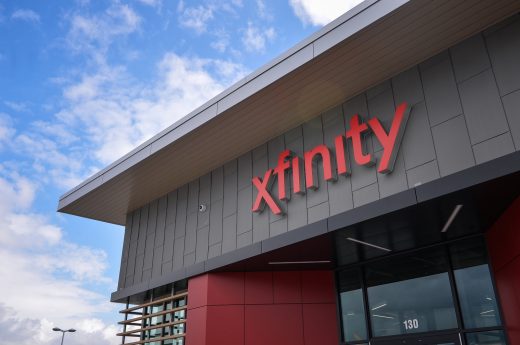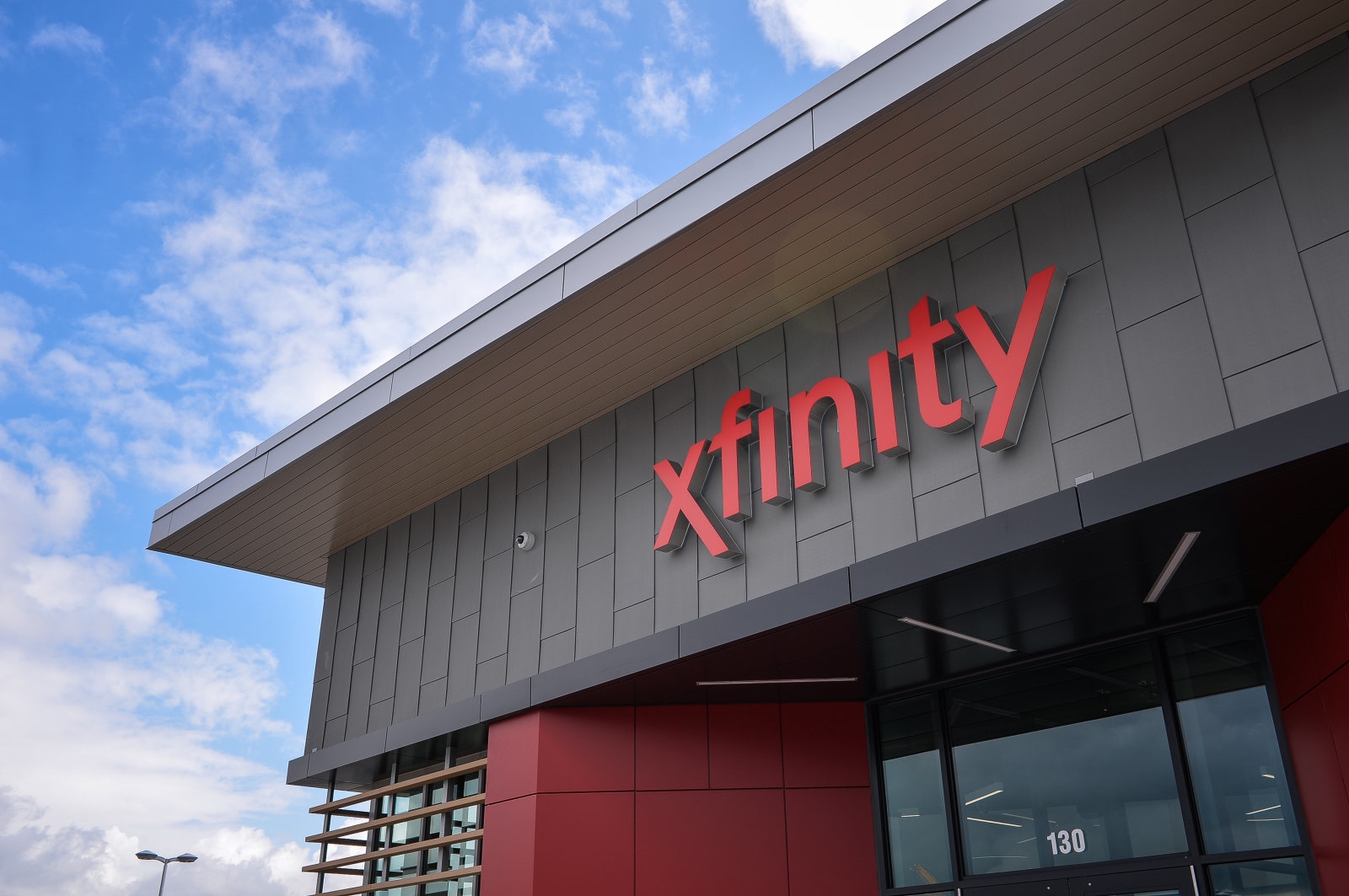Comcast’s low-cost wireless service might be a success
The wireless carrier battles have been heating up recently, as reports of a Sprint and T-Mobile merger intensify, which would allow the third and fourth largest cellular carriers in the US to better compete with the likes of giants AT&T and Verizon. But it turns out that there’s another carrier to keep an eye on. Unnamed sources told Bloomberg that Comcast’s wireless service, called Xfinity Mobile, has gained around 200,000 subscribers in under five months.
It’s not a huge number of subscribers in and of itself. An analyst with Recon Analytics LLC named Roger Entner pointed out that the numbers are small (though solid growth, considering the service launched in May). “What’s interesting is that Comcast might be making a profit at this,” Entner said to Bloomberg.
Comcast uses Verizon’s wireless network and pays the company wholesale prices. Customers can only subscribe to the Xfinity Mobile plan if they already pay for Xfinity TV and Internet. Entner estimated to Bloomberg that Xfinity is paying $3–$4 per gigabyte of data usage to Verizon. They’re turning around and charging their customers $12 per gigabyte for that same data. Unlimited plans cost $65 per month, discounted to $45 if you subscribe to Xfinity’s top-tier services. Their prices are extremely low compared to other wireless carriers, and yet it still appears they will be profitable when they reach a critical mass of customers.
It’s certainly interesting news for the competitive cellular market in the US. Comcast can use low cell plan pricing to keep its subscribers locked into their Xfinity ecosystem, boosting profits on multiple levels. It will be interesting to see how many more subscribers they attract going forward.
(19)















